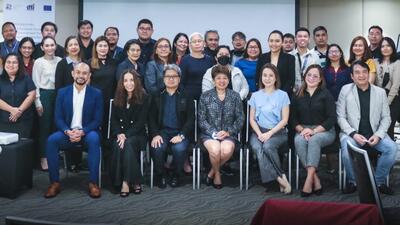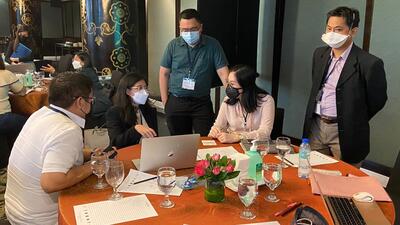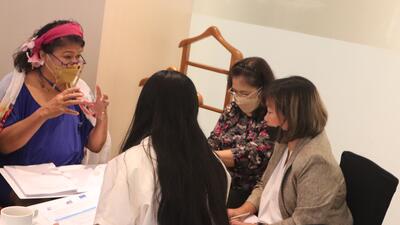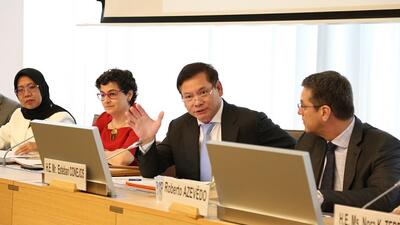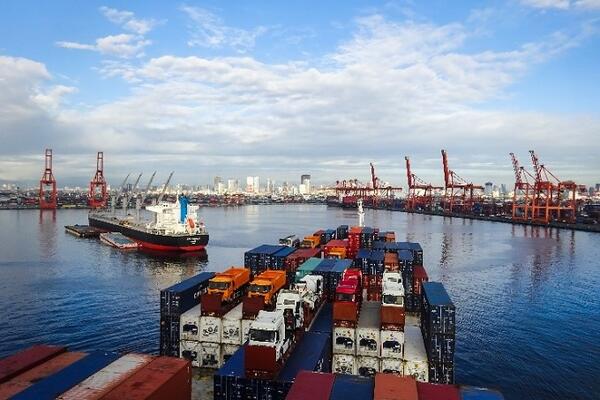
Promoting EU standards and food safety regulations
A series of two online workshops was recently held to help build food product export capacities of the Food and Drug Administration, Department of Agriculture and their affiliated agencies and food industry associations in the Philippines on EU regulations and standards.
Main EU food safety regulations on processed food were the subject of the first workshop. The second workshop focused on EU standards development, adoption, and promotion, EU risk profiling and risk assessment, EFSA procedures and EU Regulations.
The workshops also improved the understanding of participants about the provisions of EU regulations including those related to import controls at EU Borders.
Participants learnt about existing EU hygiene regulations, the EU Food laws and the latest in the EU legislation related to official controls for competent authorities, related officials including the private sector.
Salient provisions of the of the General Food Law, Hygiene of Foodstuffs and Regulation, Specific Hygiene Rules for Food of Animal Origin, as well as food of non-animal origin and the Official Controls Regulation were elaborated upon including pesticide residues, veterinary drugs and contaminants.
Risk assessment, risk management and risk communication in the EU, as well as activities and procedures of the European Food Safety Authority (EFSA) were discussed. The workshops also led the participants through concrete cases related to development of new EU food standards and regulations.
More than 170 participants from the public and private sector attended these workshops that were conducted through International Trade Centre’s ARISE Plus Philippines project.
ARISE Plus Philippines
The project funded by the European Union and implemented by the International Trade Centre in partnership with Philippines’ Department of Trade and Industry aims at fostering inclusive economic growth in the country through improved international trade performance and competitiveness as well as economic integration.
The project aims to facilitate the identification and leveraging of export priorities, support the set-up of a National Quality Infrastructure (NQI) as well as internationally aligned quality management and control systems for exported food products, and strengthen institutional and private sector capacities on trade facilitation for the implementation of national legislation and international trade commitments.
Participants also requested a dedicated training for the fisheries industry which will be planned soon.







